During the estate planning process, you will likely have concerns about how your assets will disburse. If you pass them on through your will, they must go through probate court before your beneficiaries can receive them. Due to the fees involved, probate can diminish your estate’s value. As a result, you may want to keep as much of your estate as possible out of it. To make sure this happens, it is important you understand the alternatives available to you.
Set up a revocable living trust
If you establish a revocable living trust, you will retitle any property you hold in it into its ownership. Once you accomplish this, the trustee of your trust will then manage the property to the benefit of your beneficiaries. When setting up your trust, you will want to name yourself to this role, which will allow you to manage and use the property in it while you are alive. You will need to name a successor trustee, though, to fulfill this role once you die.
Because your trust will still be living when you die, the property in its ownership will pass to your beneficiaries outside of probate. Your successor trustee will distribute it to them in the manner set forth in your trust document.
Use beneficiary designations
You may have retirement accounts, bank accounts or a life insurance policy that allow you to designate a beneficiary to them. If you have not filled out these designations already, you will want to do so. By naming beneficiaries to your financial accounts and life insurance policy, they will automatically take ownership of them once you die. For this transfer to happen, though, they must present the institutions that manage them with proof of identification and a copy of your death certificate.
Consider the ownership arrangement of your property
If you own real property with another person or several other people, you will likely want your share to pass to them once you die. For this to happen, you must co-own the property under a joint tenancy with full rights of survivorship arrangement. This arrangement is set forth in your property’s title and must be specifically stated. Without the correct language, your share of the property will become part of your probate estate.
If you own real or personal property with your spouse, it can pass to them outside probate following a similar arrangement. This arrangement is called tenancy by the entirety. Unlike joint tenancy will full rights of survivorship, you do not need to account for this arrangement in your property’s title.
Make gifts during your lifetime
Giving your property to your beneficiaries during your lifetime is an easy way to keep it out of probate. When making a gift, though, you must make sure it is small enough to be exempt from gift taxes. Under federal law, you can make gifts of up to $15,000 per individual without incurring this tax. If you are married, this figure increase to $30,000 per individual.
Because probate can reduce your estate’s value, you will want to do everything in your power to make sure as much of your property as possible avoids it. An estate planning attorney can guide you through the steps you must take to ensure this outcome.


